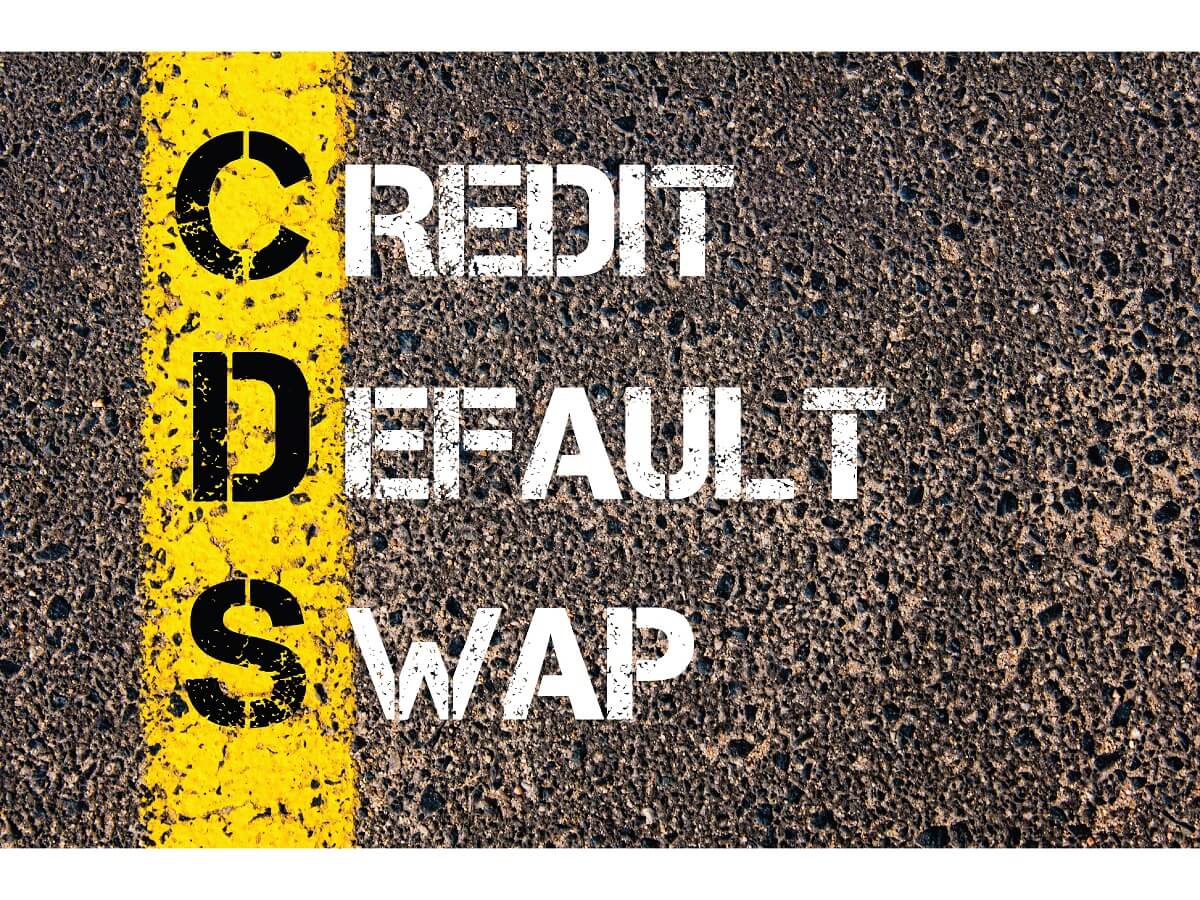Small business lending is more complicated when compared to individual loans. Such lending allows Small and Medium Enterprises (SMEs) to carry out their business operations smoothly. Often, these loans provide incentives that help the SMEs to reduce their costs.
Various financial institutions offer such loans for up to three years for meeting different fund requirements and may be customized to meet the specific needs of your business. Different lenders have different eligibility criteria.
Here are some basic eligibility criteria you have to meet to apply for small business loans:
- You must be in a specified business such as agriculture and food processing, automobiles, and auto ancillaries
- To apply for an SME loan, your business must be in operations for at least three years
- Your business should have earned a profit during the preceding financial year
- Lenders may sanction your application for a business loan for a Greenfield project if you are an established player in that sector
- If you are a reputed and well-known automobile Original Equipment Manufacturer (OEM), the financial institutions may consider your application for funding inventories.
Required documentation
The documents required to apply for business loans are simple. Here is an indicative list of documentation:
- Audited balance sheets for three previous financial years
- Collateral offered
- Business profile detailing your existing products
- The purpose for which the loan will be used
- Owners’ profiles along with Know-Your-Client (KYC) documents
1. Business plan
It is important you have a detailed and robust business plan before submitting your application. This is crucial to convince the lenders that your proposal is financially viable. The business plan must include details such as capital expenditure, employee and marketing costs, and debt repayment capabilities.
2. Credit history
You must check that your credit report is updated and accurate. Having a good credit history is favorable when you apply for an MSME loan (micro medium and small enterprises). Lenders review your credit report before approving your application.
3. Financial feasibility
Your business plan must include financial projections for the next three to five years. It is recommended you adhere to industry standards while doing the projections. You may also have to follow certain formats that help the lenders determine the financial feasibility of your business.
Such loans are available at competitive rates of interest and may be structured as per the specific needs of every borrower. Lenders also offer various repayment options to ensure you are easily able to service the loan.






















































